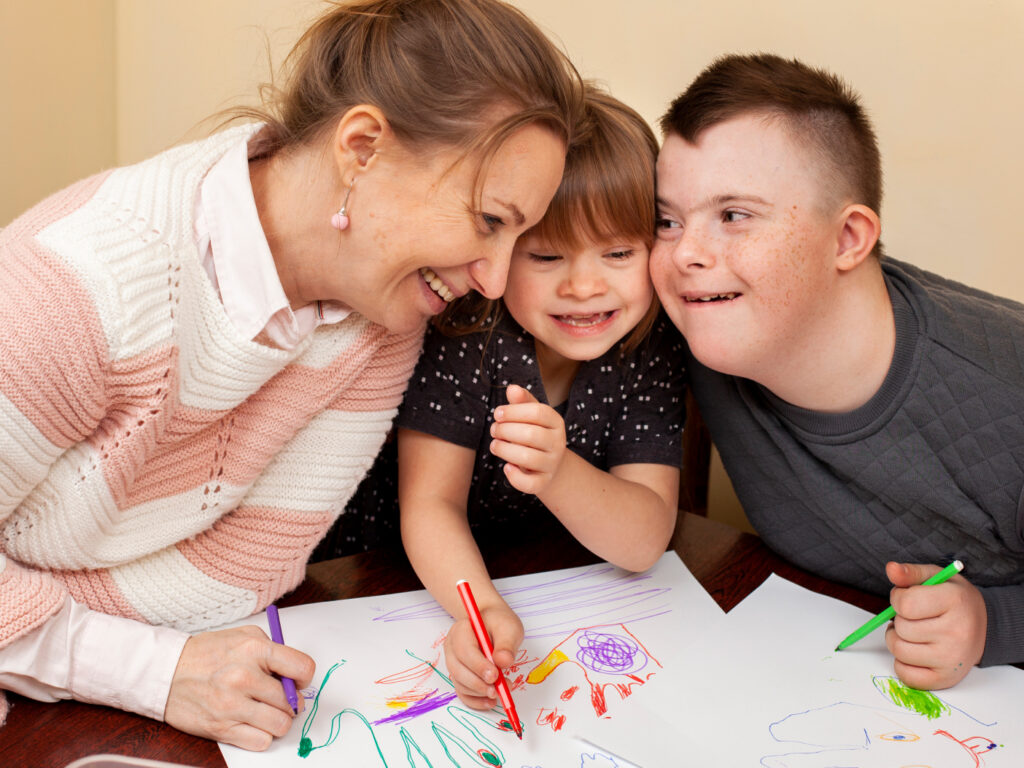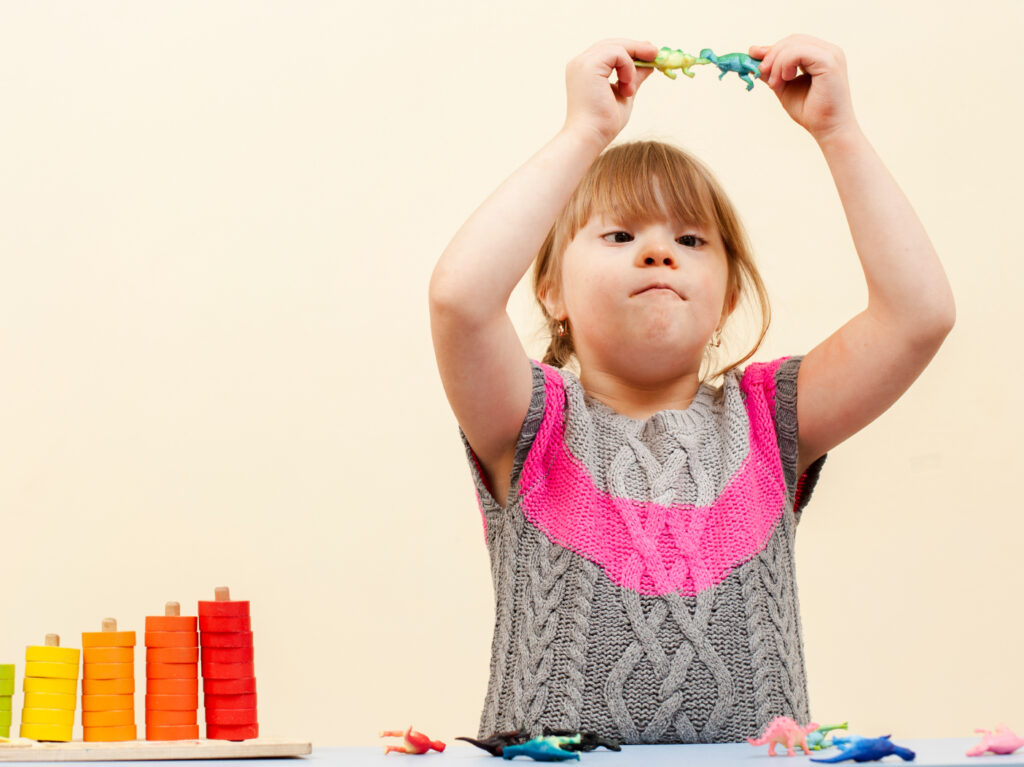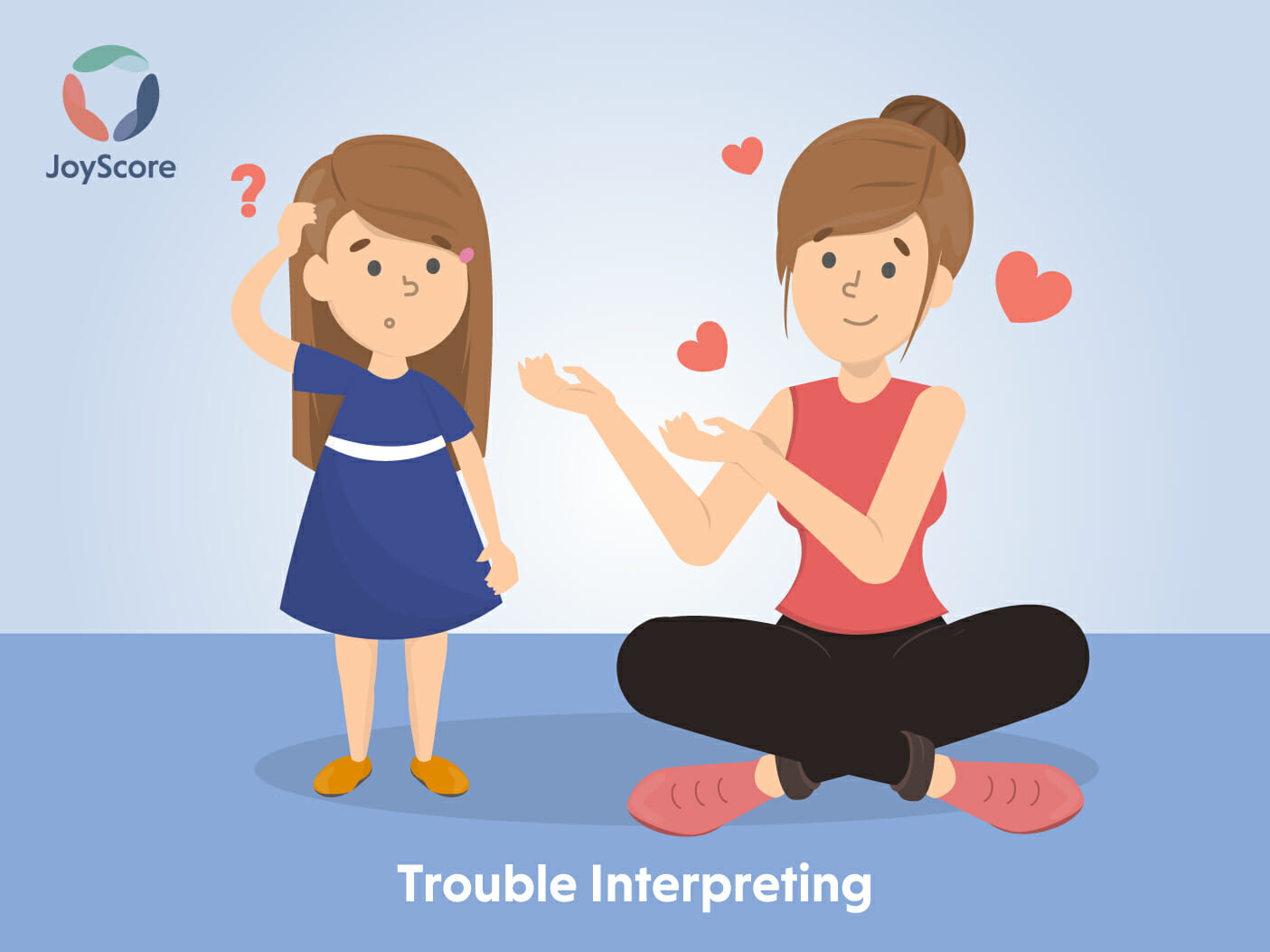1 in 54 kids in the United States are affected by autism today, according to the Centers for Disease Control. Autism is four times more prevalent in boys than in girls. It may occur in people of any nationality, race, or social background. A child’s risk of autism is not affected by family income, lifestyle, or education level.
It takes a village to nourish a child, especially for parents of children with autism. Autism refers to various distinguished conditions like social disabilities, repetitive activities, speech, and nonverbal communication problems.

Autism Spectrum Disorder (ASD) is a disorder that involves communication and behavior issues. People with autism have trouble with communication that makes it difficult for them, either through words or by movements, facial expressions, and touch, to express themselves.
People with autism may have learning difficulties. Their abilities may grow unevenly. For instance, they may have trouble talking, but they may be unusually good at art, music, math, or memory. Because of this, they might do exceptionally well on tests of analysis or problem-solving.
Signs and Symptoms
Autism signs are visible typically before a child turns 3. Some babies show signs from birth. Widely known autistic symptoms include:
- Lack of eye contact.
- An individual showing less or intense interest in specific topics.
- Children repeating an action or words & phrases or rocking back & forth.
- Strong sensitivity to other people’s noises, touches, smells, or sights that seem familiar.
- Not wanting to be held or cuddled.
- Child talking in a sing-song, flat, or robotic tone.
- Trouble adapting to changes in routine.
Often, some kids with autism can have seizures. These might not start until adolescence.
Autism Causes
Autism might stem from issues that perceive sensory feedback and process language in parts of your brain. Autism might run in families, so a child’s likelihood may be raised by certain combinations of genes.
There is a greater risk of autism in a child with an older parent. An infant is more likely to be autistic if a pregnant woman gets exposed to certain substances or chemicals, such as alcohol or anti-seizure medications. Maternal metabolic disorders, such as diabetes and obesity, are other risk factors.

Autism Treatment
There’s no cure for autism. But for a child with autism, early therapy can make a significant difference in growth. Tell your doctor as soon as possible if you believe your child has ASD symptoms.
For one person, what works may not be favorable for another person. Your doctor should tailor treatment for you or your child according to circumstances. The top two recommended treatments are:
- Behavioral and communication therapy that helps with structure and organization. Applied Behavior Analysis (ABA) is one of these treatments; it promotes positive behavior and discourages malicious behavior. Occupational counseling may assist with life skills, such as dressing, sleeping, and personal relationships. Speech therapy improves communication skills.
- Medications that aid with ASD symptoms, such as issues with concentration, hyperactivity, or anxiety.
How Can I Help My Child?
Many resources and support services can help if your child is diagnosed with ASD. You will be directed in the right direction by your doctor and care team.



